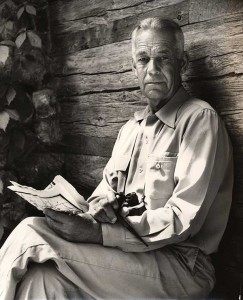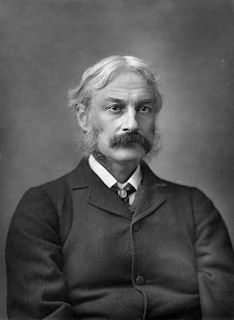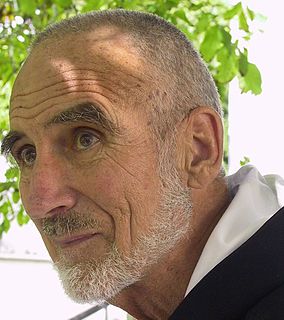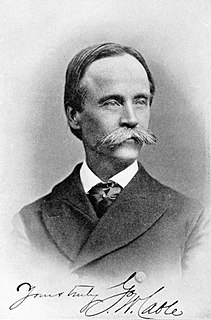A Quote by Leo Buscaglia
Ancient Egyptians believed that upon death they would be asked two questions and their answers would determine whether they could continue their journey in the afterlife. The first question was, 'Did you bring joy?' The second was, 'Did you find joy?
Related Quotes
I believed even then that if I could transform my experience into poetry I would give it the value and dignity it did not begin to possess on its own. I thought too that if I could write about it I could come to understand it; I believed that if I could understand my life—or at least the part my work played in it—I could embrace it with some degree of joy, an element conspicuously missing from my life.
Ethical and moral questions and how we answer them may determine whether primal scenes will continue to be a source of joy and comfort to future generations. The decisions are ours and we have to search our minds and souls for the right answers... We must be eternally vigilant, embrace the broad concept of an environmental ethic to survive.
But if there were two dogs left in the universe and it were up to us as to whether they were allowed to breed so that we could continue to live with dogs, and even if we could guarantee that all dogs would have homes as loving as the one that we provide, we would not hesitate for a second to bring the whole institution of 'pet' ownership to an end.
In other philosophies, my questions would get answered to some degree, but then I would have a follow-up question and there would be no answer. The logic would dead-end. In Scientology you can find answers for anything you could ever think to ask. These are not pushed off on you as, 'This is the answer, you have to believe in it.' In Scientology you discover for yourself what is true for you.
We are posing two very clear questions. The first is: Did the Holocaust actually take place? You answer this question in the affirmative. So, the second question is: Whose fault was it? The answer to that has to be found in Europe and not in Palestine. It is perfectly clear: If the Holocaust took place in Europe, one also has to find the answer to it in Europe.
A woman in the audience asked [Barack] Obama about her mother. Her mother was 101 years old and was in need of a certain kind of procedure. Her doctor didn't want to do it because of her age. However, another doctor did and told this woman there is a joy of life in this person. The woman asked President Obama how he would deal with this sort of thing, and Obama said we cannot consider the joy of life in this situation. He said I would advise her to take a pain killer. That is the essence of the President of the United States.



































